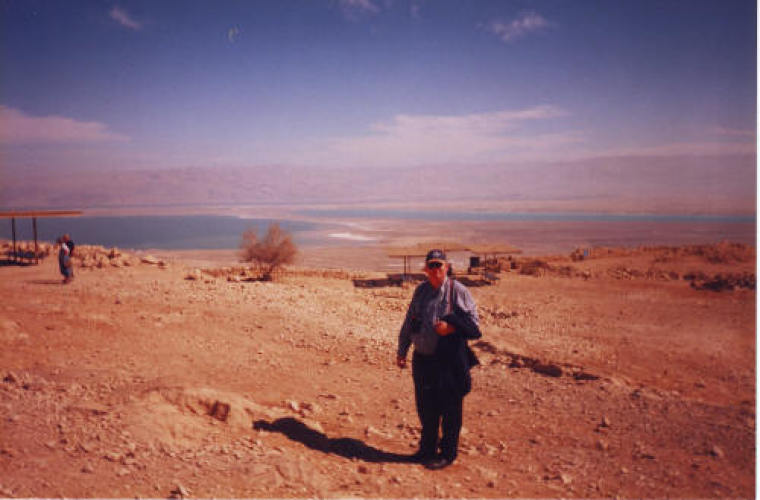
This article explains how Brisbane company Linc Energy released two reports, based on drilling and seismic exploration, estimating the amount of oil in the as yet untapped Arckaringa Basin surrounding Coober Pedy ranging from 3.5 billion to 233 billion barrels of oil.
This find is not only larger than all the other oil explorations in and around Australia (sea board) but as stated above, would make Australia self sufficient in oil. There is more exploration to come to ascertain just how large is the basin of oil and if as envisaged it is as large as expected, Australia could become an oil exporter.
There is a parallel here with the US shale oil finds and successful extraction which is showing already that the US is nearly producing as much oil as is Saudi Arabia.
Once deemed prohibitively expensive, today shale oil extraction involves using new technologies to drill vertically and then horizontally for distances of more than one kilometre through shale rocks that contain oil. This shale oil extravaganza has had a huge positive impact on the US economy.
The same is expected from this South Australian oil find and its remarkable impact cannot even at this stage be estimated. There are so many positive variables that would alter the Australian economy from many industries now marginal would turn into profit making enterprisers.
Israel
Similarly, Israel a few years ago also reported new oil finds drilling at the base of the Dead Sea. The Dead Sea is politically divided between Israel and Jordan and therefore it is a little tricky but nonetheless this has been ticking away very quietly.
The issue is that if Israel benefits from so vast an oil find so too will ultimately Jordan and therefore the political situation may not be as draconian as possibly imagined.
The significant issue with this Dead Sea find is not so much that there is so vast an oil supply that would make Israel oil sufficient and so much more besides, the real problem is a geographical political one that might lead to consequences unknown.
One does not need to be a geologist or a geographer to realise that the Dead Sea is so far below sea level and the oil find thousands of feet below the Dead Sea again, that when that oil comes up for transhipment through pipes for refining, surrounding oil will gradually ebb downwards to that source.
In other words, as sure as night follows day, the entire Middle East oil basin is ultimately prone to follow the ebb downwards. Clearly this is not anything like an immediate scenario, but it is something that will ultimately affect the politics.
Self sufficient
Shale oil is making the US self sufficient, Australia looks likely to become oil self sufficient and as other research and development takes place in other nations, so too the demand on middle east oil will becomes less critical.
Clearly, the oil politics to come may well not have any semblance of the oil politics of today. Herein lies the unknown and the volatility of the region is such once their oil becomes less important so too will their influence in both supply and religion.
The nature of such Islam is both religious and political. There is a theocracy motif whereby the society is governed not by political decision as is western democracies, rather by the religion and its requirements and demands as the priority. Where that might lead when the world's dependency on their oil diminishes is a matter of conjecture.
Dr Mark Tronson is a Baptist minister (retired) who served as the Australian cricket team chaplain for 17 years (2000 ret) and established Life After Cricket in 2001. He was recognised by the Olympic Ministry Medal in 2009 presented by Carl Lewis Olympian of the Century. He has written 24 books, and enjoys writing. He is married to Delma, with four adult children and grand-children.
Mark Tronson's archive of articles can be viewed at www.pressserviceinternational.org/mark-tronson.html
